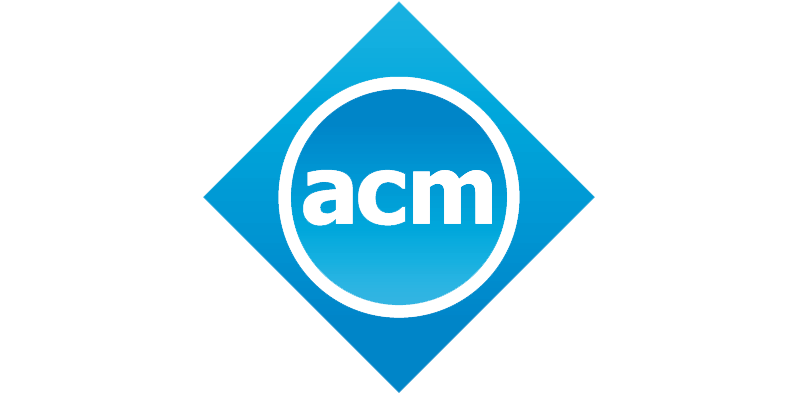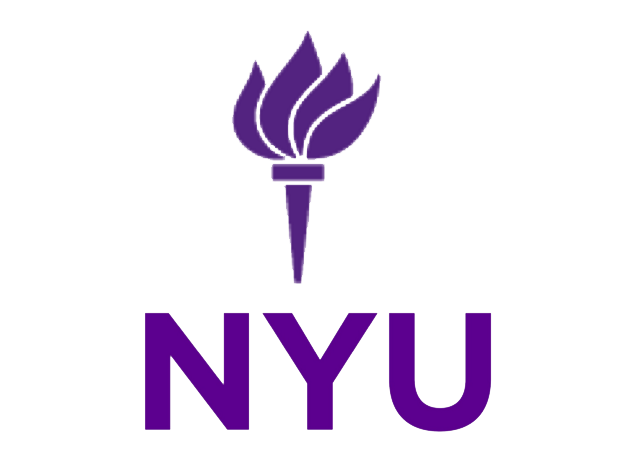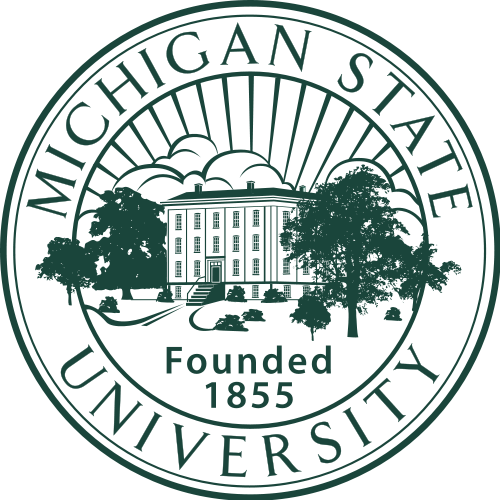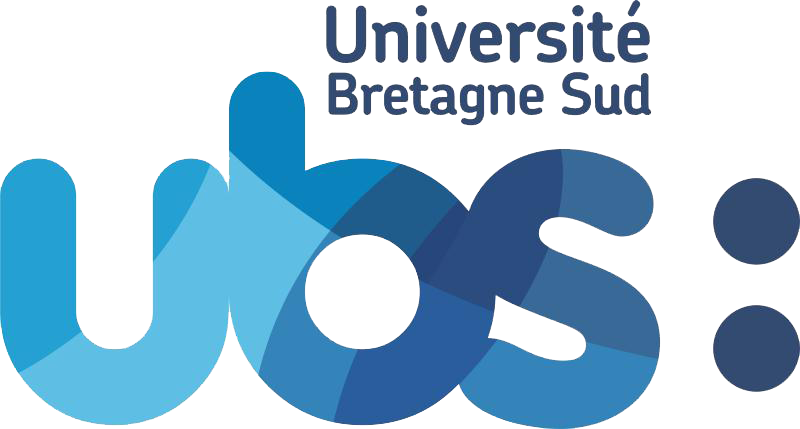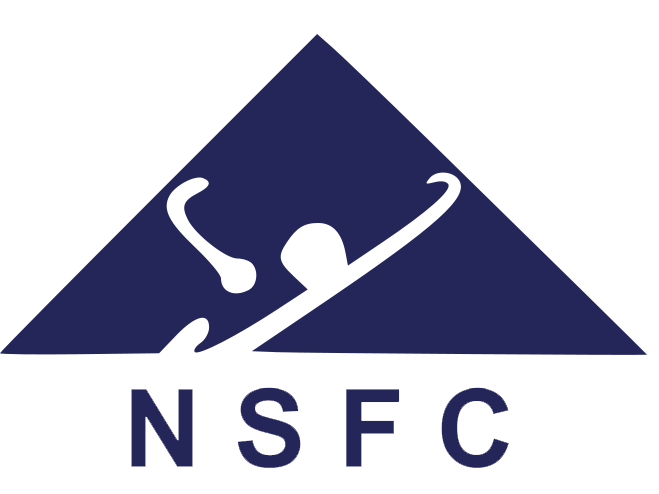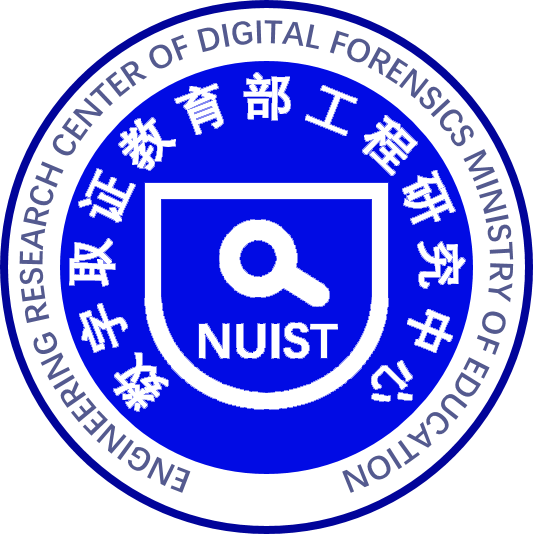Call For Paper
Workshops
Submission
Registration
Important Dates
Paper Submission Due:
November 8, 2019
Notification of Acceptance:
November 30, 2019
Registration Due:
December 15, 2019
Camera-Ready Paper Due:
December 31, 2019
Keynote Speakers
+ 查看更多
Title: Evening Out the Bottlenecks for Today’s Blockchain Systems
Speaker: Hai Jin
Abstract:
Blockchain is the fascinating distributed ledger technology, which holds out the promise of disintermediation, transparency, and openness. An increasing number of businesses, academics and even governments are starting to view blockchain systems as the cornerstone of trust the Web 3.0 era (next generation value Internet). This presentation will first trace the source and the current development status of blockchain systems in various application areas. Secondly, a roadmap of the major theoretical and practical challenging issues faced by these blockchain systems will be laid out. Finally, I will give a glimpse of harnessing the super-abundant opportunities of blockchain systems in the future landscape.
Biography:
Abstract:
Blockchain is the fascinating distributed ledger technology, which holds out the promise of disintermediation, transparency, and openness. An increasing number of businesses, academics and even governments are starting to view blockchain systems as the cornerstone of trust the Web 3.0 era (next generation value Internet). This presentation will first trace the source and the current development status of blockchain systems in various application areas. Secondly, a roadmap of the major theoretical and practical challenging issues faced by these blockchain systems will be laid out. Finally, I will give a glimpse of harnessing the super-abundant opportunities of blockchain systems in the future landscape.
Biography:
 Hai Jin is a Cheung Kung Scholars Chair Professor of computer science and engineering at Huazhong University of Science and Technology (HUST) in China. Jin received his PhD in computer engineering from HUST in 1994. In 1996, he was awarded a German Academic Exchange Service fellowship to visit the Technical University of Chemnitz in Germany. Jin worked at The University of Hong Kong between 1998 and 2000, and as a visiting scholar at the University of Southern California between 1999 and 2000. He was awarded Excellent Youth Award from the National Science Foundation of China in 2001. Jin is a Fellow of IEEE, Fellow of CCF, and a life member of the ACM. He has co-authored 22 books and published over 800 research papers. His research interests include computer architecture, virtualization technology, cluster computing and cloud computing, peer-to-peer computing, network storage, and network security.
Hai Jin is a Cheung Kung Scholars Chair Professor of computer science and engineering at Huazhong University of Science and Technology (HUST) in China. Jin received his PhD in computer engineering from HUST in 1994. In 1996, he was awarded a German Academic Exchange Service fellowship to visit the Technical University of Chemnitz in Germany. Jin worked at The University of Hong Kong between 1998 and 2000, and as a visiting scholar at the University of Southern California between 1999 and 2000. He was awarded Excellent Youth Award from the National Science Foundation of China in 2001. Jin is a Fellow of IEEE, Fellow of CCF, and a life member of the ACM. He has co-authored 22 books and published over 800 research papers. His research interests include computer architecture, virtualization technology, cluster computing and cloud computing, peer-to-peer computing, network storage, and network security.Title: Edge-Centric Intelligent Computing: Intelligence, Privacy and Applications
Speaker: Xiang-Yang Li
Abstract:
Nowadays, we have witnessed the explosion of data and devices in the areas of IoT and mobile computing. Moreover, we are facing more and more complicated computation tasks, serious privacy and security problems, and critical delay requirements. All these challenges call for the application of edge computing to deploy computing resource closed to mobile users and the data source. In this talk, based on our own research results, we will mainly focus on the theory and platform implementation of edge intelligence, including online intelligence, distributed intelligence, as well as the privacy and security issues involved. We will also elaborate our current progress in the key applications of our edge platform such as Automatic Driving and AIoT Security.
Biography:
Abstract:
Nowadays, we have witnessed the explosion of data and devices in the areas of IoT and mobile computing. Moreover, we are facing more and more complicated computation tasks, serious privacy and security problems, and critical delay requirements. All these challenges call for the application of edge computing to deploy computing resource closed to mobile users and the data source. In this talk, based on our own research results, we will mainly focus on the theory and platform implementation of edge intelligence, including online intelligence, distributed intelligence, as well as the privacy and security issues involved. We will also elaborate our current progress in the key applications of our edge platform such as Automatic Driving and AIoT Security.
Biography:
 Dr. Xiang-Yang Li is currently a professor and Executive Dean at School of Computer Science and Technology, USTC and co-Chair of ACM China Council. He is an ACM Fellow (2019), IEEE fellow (2015), an ACM Distinguished Scientist (2014). He was a full professor at Computer Science Department of IIT, and an EMC Visiting Chair Professor at Tsinghua University (2013-2016). Dr. Li received MS (2000) and PhD (2001) degree at Department of Computer Science from University of Illinois at Urbana-Champaign. He received a Bachelor degree at Department of Computer Science from Tsinghua University, P.R. China, in 1995. His research interests include artificial intelligence of things, edge computing, privacy and security, data sharing and trading, and algorithms. His Google-scholar citation is more than 22,000, and H-index is 76. Dr. Li and his students won 7 best paper awards, won the best paper award, the best demo award and the best poster award from ACM MobiCom, and was selected as best paper candidates of ACM MobiCom twice. Dr. Li has served or is serving as an editor of several journals, including IEEE/ACM ToN, IEEE TPDS, and IEEE TMC.
Dr. Xiang-Yang Li is currently a professor and Executive Dean at School of Computer Science and Technology, USTC and co-Chair of ACM China Council. He is an ACM Fellow (2019), IEEE fellow (2015), an ACM Distinguished Scientist (2014). He was a full professor at Computer Science Department of IIT, and an EMC Visiting Chair Professor at Tsinghua University (2013-2016). Dr. Li received MS (2000) and PhD (2001) degree at Department of Computer Science from University of Illinois at Urbana-Champaign. He received a Bachelor degree at Department of Computer Science from Tsinghua University, P.R. China, in 1995. His research interests include artificial intelligence of things, edge computing, privacy and security, data sharing and trading, and algorithms. His Google-scholar citation is more than 22,000, and H-index is 76. Dr. Li and his students won 7 best paper awards, won the best paper award, the best demo award and the best poster award from ACM MobiCom, and was selected as best paper candidates of ACM MobiCom twice. Dr. Li has served or is serving as an editor of several journals, including IEEE/ACM ToN, IEEE TPDS, and IEEE TMC.Title: Cognitive AI: Understanding, Reasoning, and Decision
Speaker: Jie Tang
Abstract:
We propose a novel CognitiveGraph framework for learning with knowledge graphs. Inferring new facts from existing knowledge graphs (KG) with explainable reasoning processes is a significant problem and has received much attention recently. The proposed CognitiveGraph framework is founded on the dual process theory in cognitive science. The framework gradually builds a cognitive graph in an iterative process by coordinating an implicit extraction module (System 1) and an explicit reasoning module (System 2). While giving accurate answers, our framework further provides explainable reasoning paths. Specifically, our implementation based on BERT and graph neural network (GNN) efficiently handles graph with tens of millions of nodes. The framework has many applications. For example, for multi-hop reasoning-based QA (e.g., HotpotQA), it achieves a winning joint F1 score of 34.9 on the leaderboard, compared to 23.6 of the best competitor.
Biography:
Abstract:
We propose a novel CognitiveGraph framework for learning with knowledge graphs. Inferring new facts from existing knowledge graphs (KG) with explainable reasoning processes is a significant problem and has received much attention recently. The proposed CognitiveGraph framework is founded on the dual process theory in cognitive science. The framework gradually builds a cognitive graph in an iterative process by coordinating an implicit extraction module (System 1) and an explicit reasoning module (System 2). While giving accurate answers, our framework further provides explainable reasoning paths. Specifically, our implementation based on BERT and graph neural network (GNN) efficiently handles graph with tens of millions of nodes. The framework has many applications. For example, for multi-hop reasoning-based QA (e.g., HotpotQA), it achieves a winning joint F1 score of 34.9 on the leaderboard, compared to 23.6 of the best competitor.
Biography:
 Jie Tang is a Professor and the Associate Chair of the Department of Computer Science at Tsinghua University. His interests include artificial intelligence, data mining, social networks, and machine learning. He served as PC Co-Chair of WWW’21, CIKM’16, WSDM’15, Associate General Chair of KDD’18, EiC of IEEE T. on Big Data and AI Open J.. He leads the project AMiner.org, an AI-enabled research network analysis system, which has attracted more than 20 million independent IP accesses from 220 countries/regions in the world. He was honored with the UK Royal Society-Newton Advanced Fellowship Award, NSFC for Distinguished Young Scholar, and KDD’18 Service Award.
Jie Tang is a Professor and the Associate Chair of the Department of Computer Science at Tsinghua University. His interests include artificial intelligence, data mining, social networks, and machine learning. He served as PC Co-Chair of WWW’21, CIKM’16, WSDM’15, Associate General Chair of KDD’18, EiC of IEEE T. on Big Data and AI Open J.. He leads the project AMiner.org, an AI-enabled research network analysis system, which has attracted more than 20 million independent IP accesses from 220 countries/regions in the world. He was honored with the UK Royal Society-Newton Advanced Fellowship Award, NSFC for Distinguished Young Scholar, and KDD’18 Service Award. To be continued

